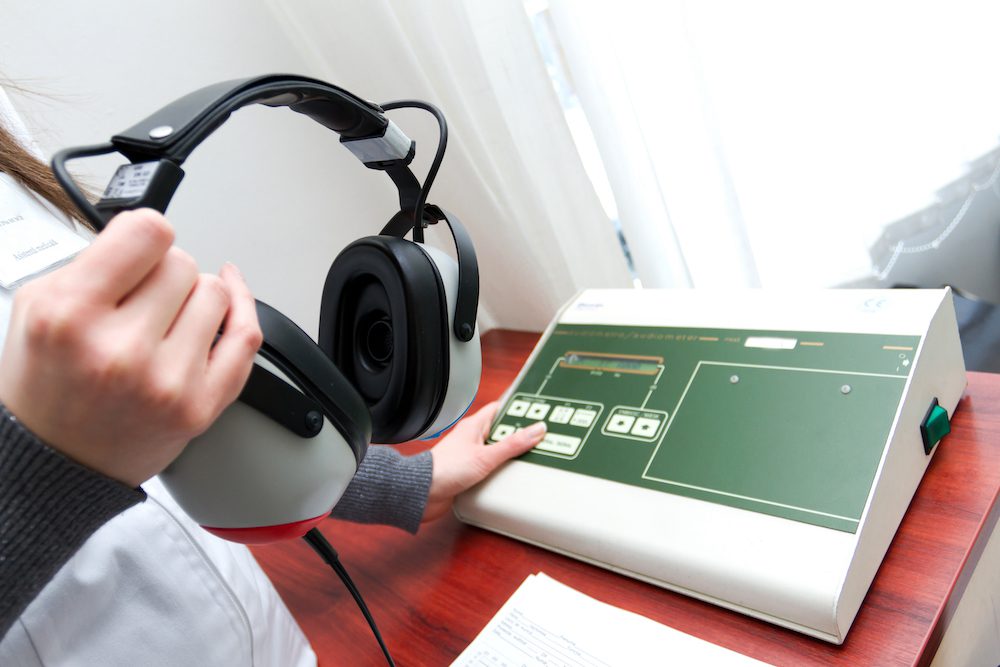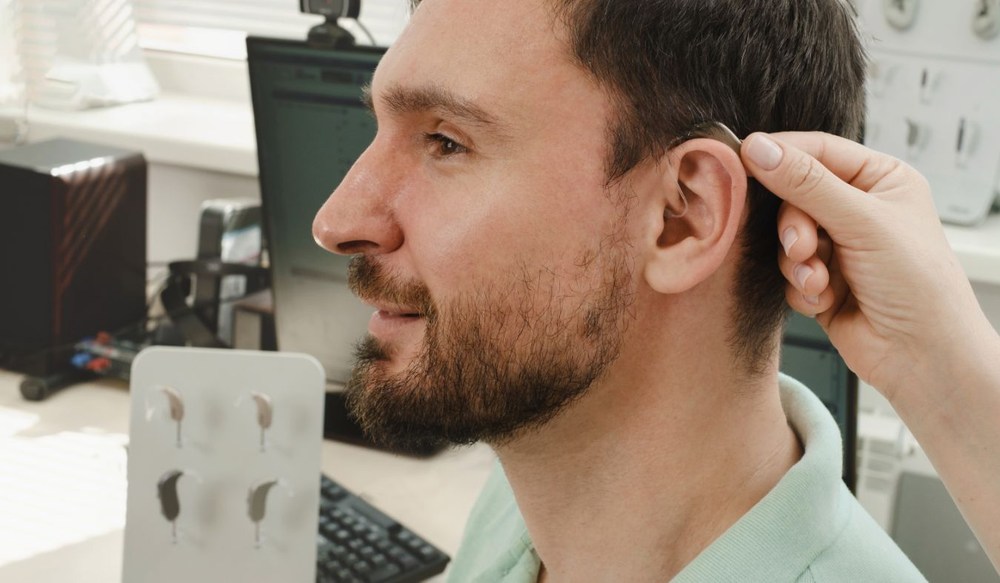How Hearing Aids Are Helping People Enjoy Music Again
Have you noticed that music does not sound the way it once did? For many


Have you noticed that music does not sound the way it once did? For many

First responders face unique challenges when it comes to hearing because

Hearing aids are an effective way to address hearing loss, yet many people